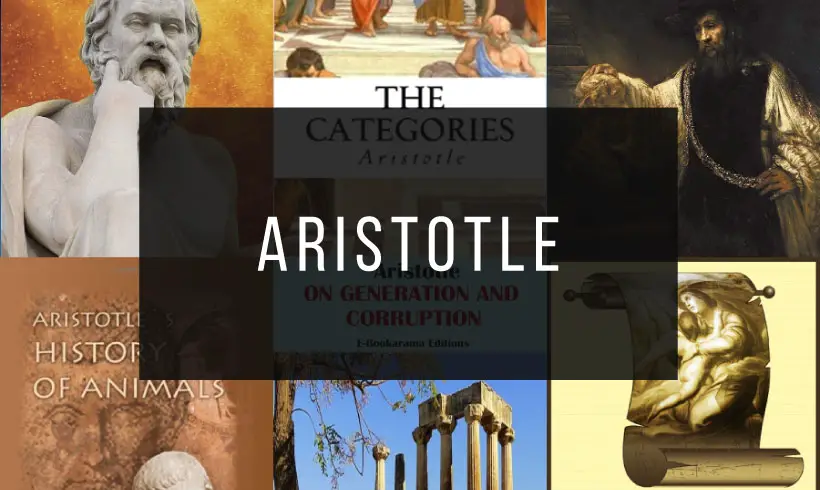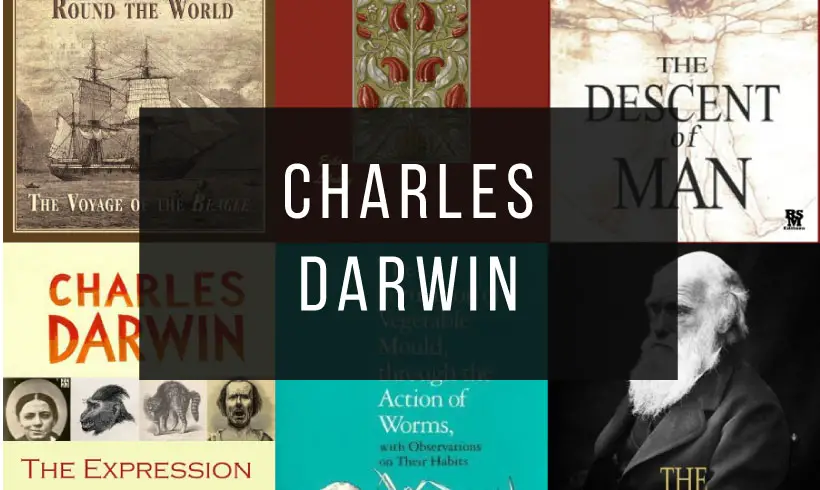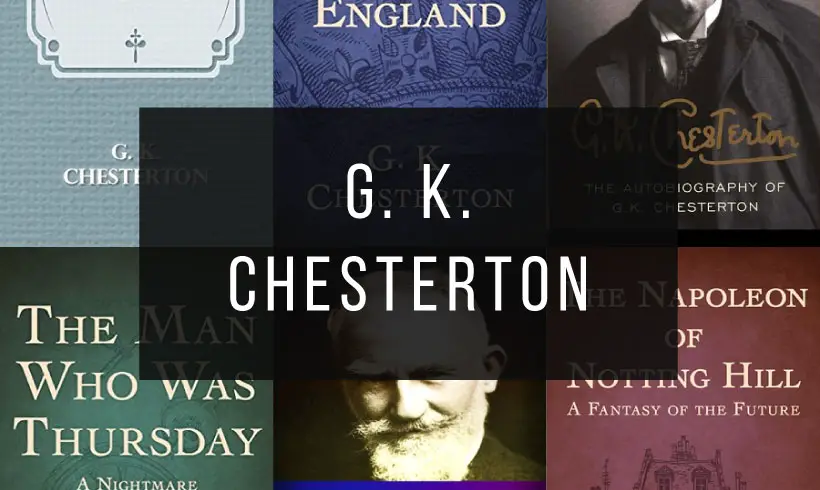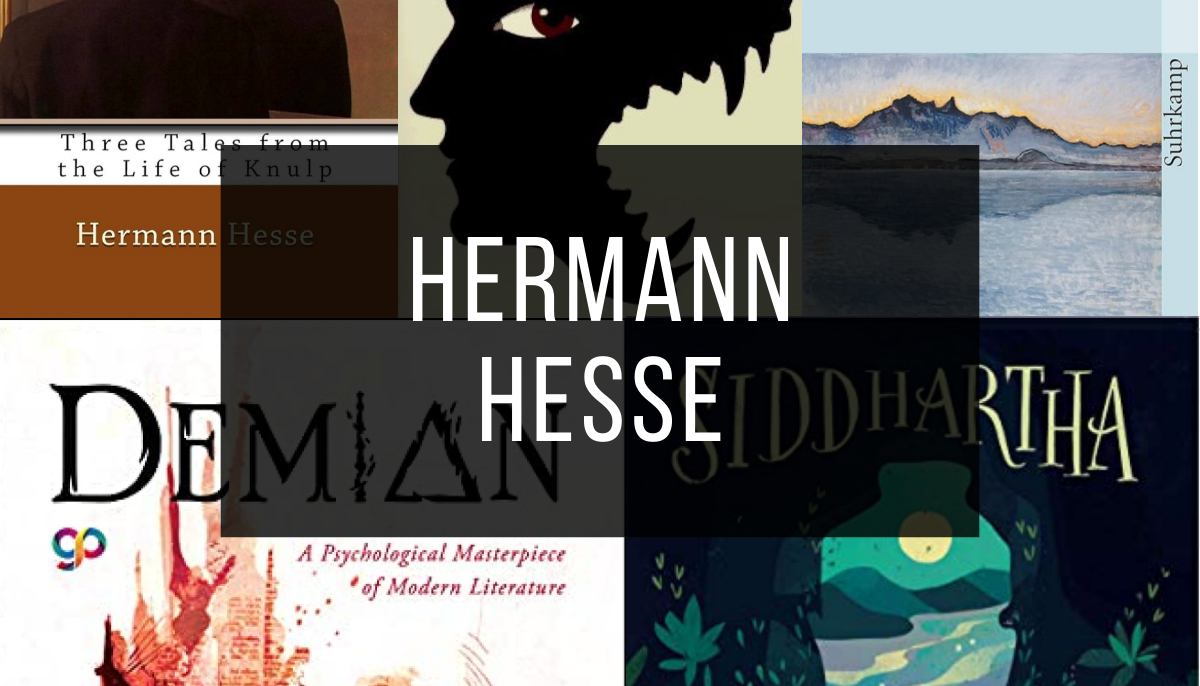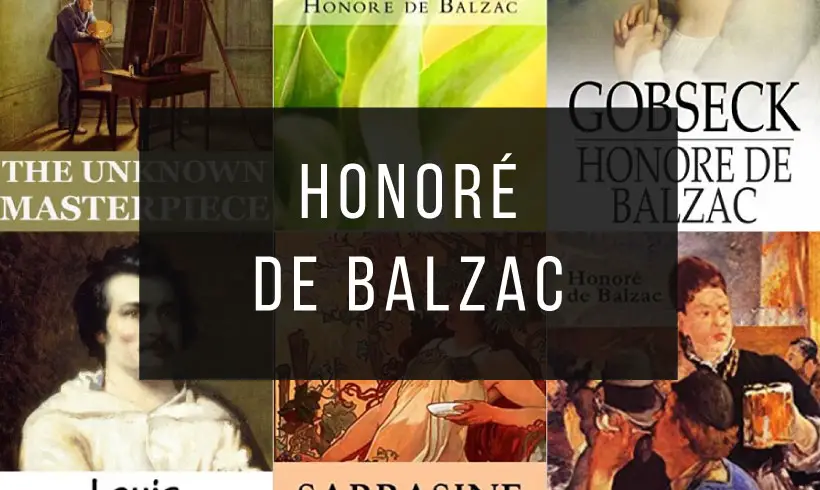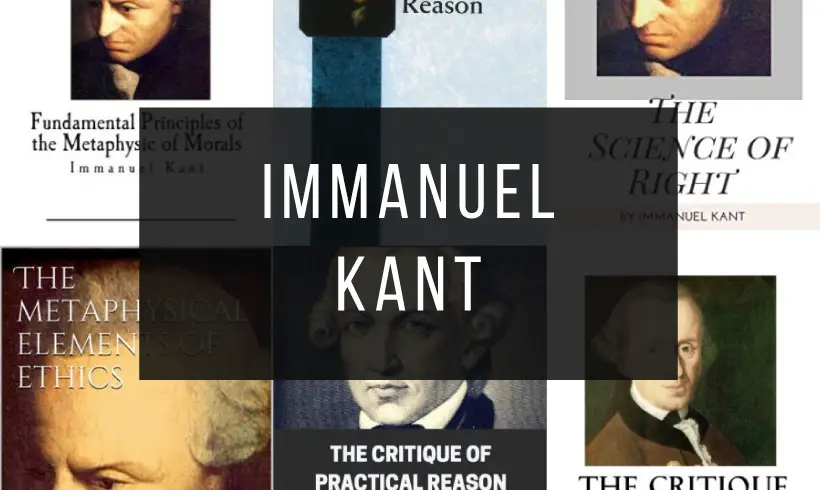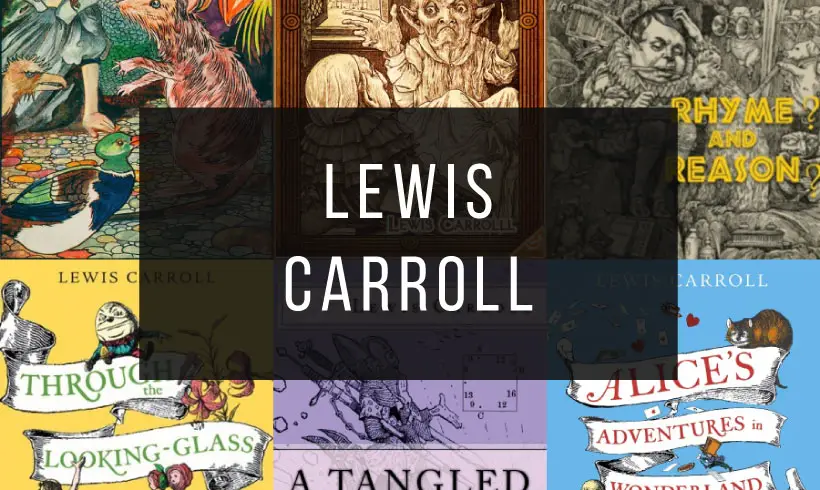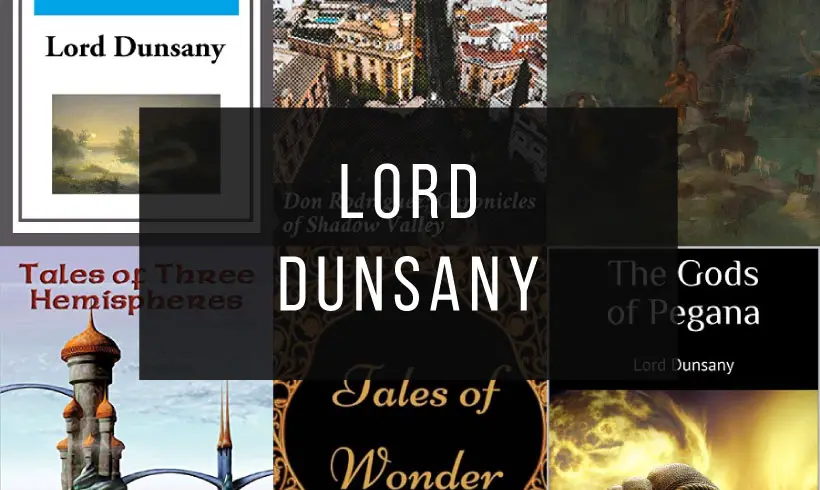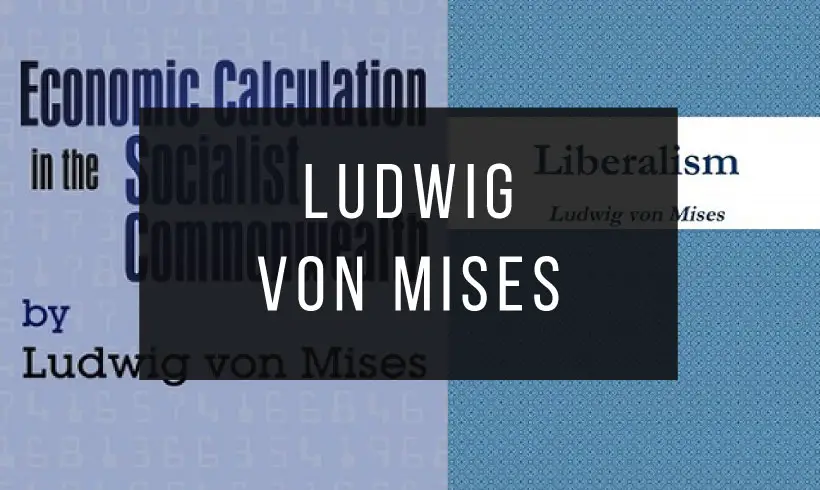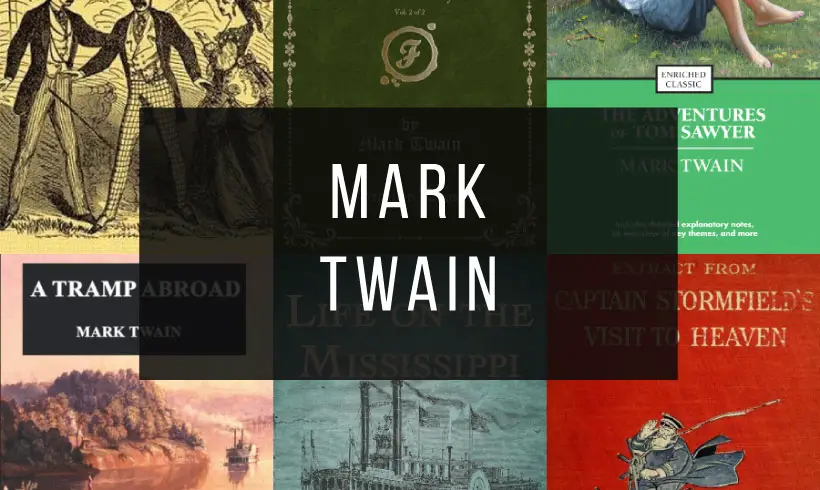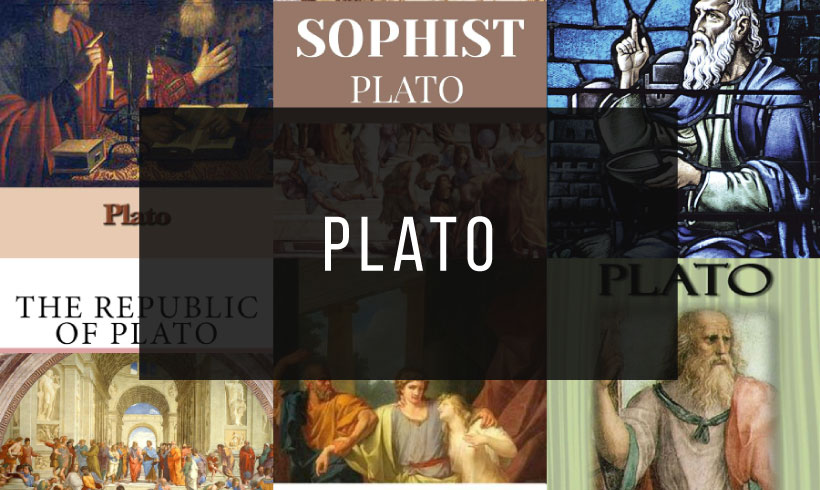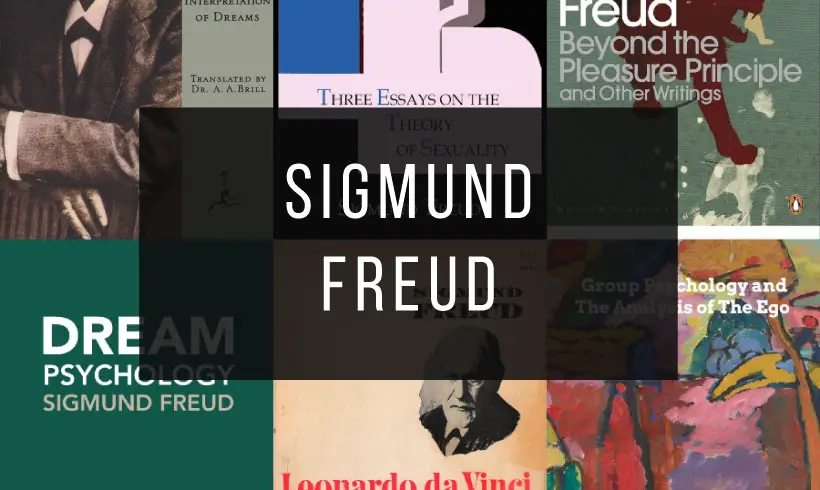20 Fyodor Dostoevsky Books for Free! [PDF]
by InfoBooks
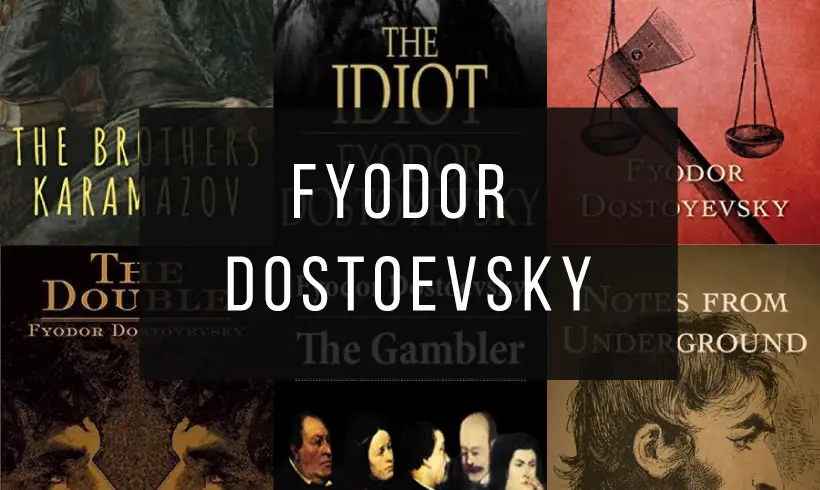
Dive into the thrilling universe of Fyodor Dostoyevsky with our extensive collection of free PDF books about this iconic author.
Dostoyevsky is recognized as one of the great masters of Russian literature, and his works explore human psychology, morality, and existential dilemmas in a unique and captivating way.
His novels, such as "Crime and Punishment" and "The Brothers Karamazov," have left a profound mark on world literature.
We invite you to explore our page and immerse yourself in the richness of Dostoyevsky's books available.
From his penetrating character portraits to his masterful narrative style, each work offers a deep insight into the human condition and will transport you to a world full of emotions and reflections.
Don't waste any more time and start your download of Fyodor Dostoyevsky's books right now. Discover the fascination of his characters, the depth of his themes, and the mastery of his narrative without complications or barriers.
A Christmas Tree and a Wedding
PDF
At a children's holiday party, a rich man spots a young girl with a large dowry. A Christmas Tree and a Wedding reveals how greed hides behind polite manners.
Fyodor Dostoevsky packs a sharp social critique into a very short tale. If you want to see how well he can expose human selfishness in just a few pages, start here.
A Nasty Story
PDF
A high-ranking official decides to crash a low-level worker's wedding to prove he is a man of the people, and everything goes wrong in the most painful way possible. A Nasty Story is comedy at its darkest.
Fyodor Dostoevsky wrote this in 1862 as a sharp joke about class and pride. You will cringe, laugh, and recognize the kind of person who thinks too highly of themselves.
Crime and Punishment
PDF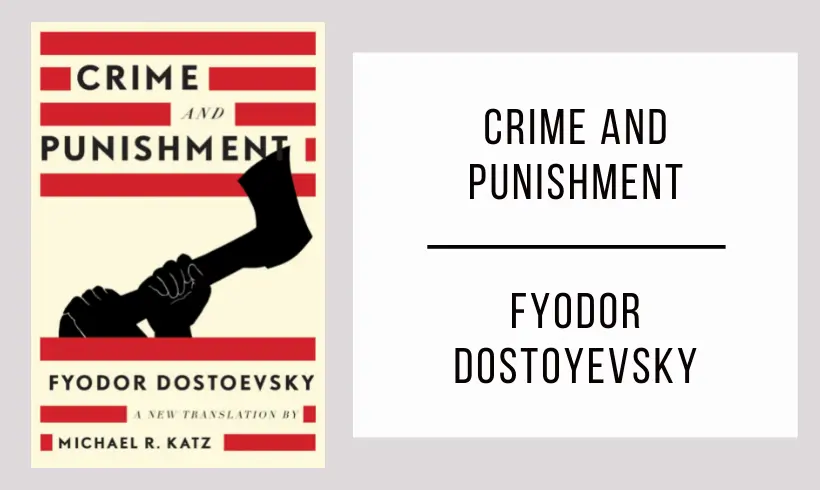
A broke student in St. Petersburg talks himself into committing murder, thinking he is too smart to feel guilty. Crime and Punishment follows the slow unraveling of a mind that cannot escape what it has done.
Fyodor Dostoevsky gets inside your head in a way few writers can. Published in 1866, this novel about pride, guilt, and what it costs to believe you are above the rules has not aged a day.
Demons
PDF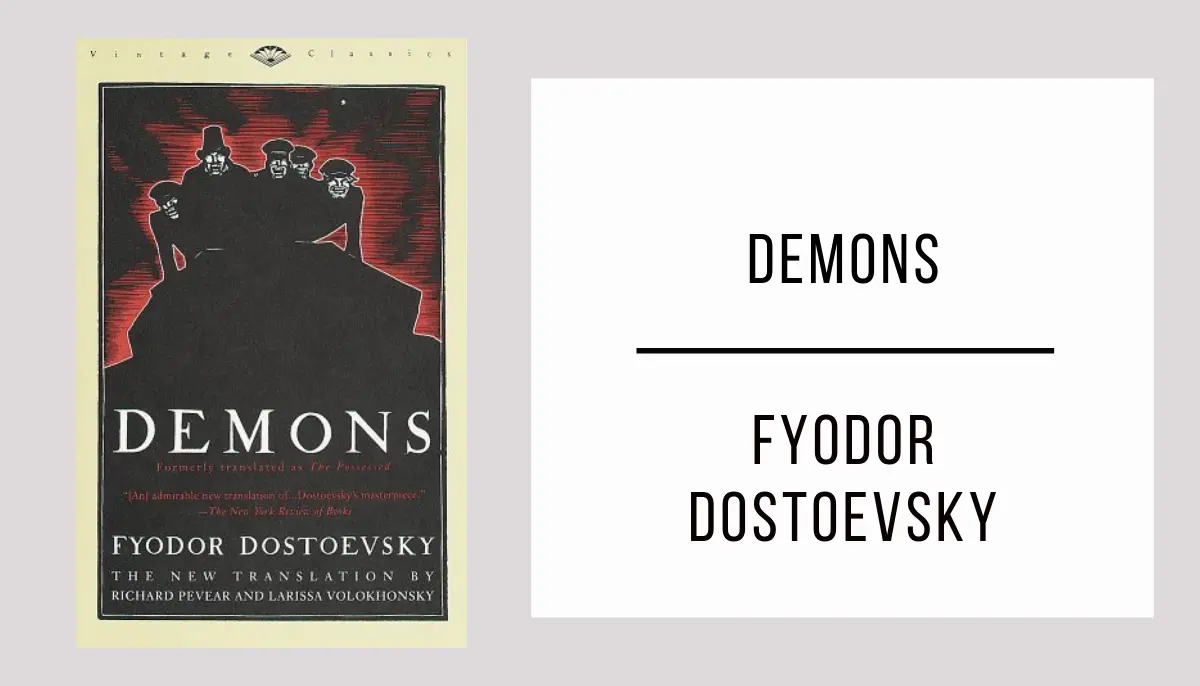
A group of young radicals plot to overthrow society, but their ideas lead to violence and destruction. Demons is a dark, gripping novel about what happens when idealism turns dangerous.
Fyodor Dostoevsky published this in 1872, based on a real political murder. Its warnings about fanaticism and blind belief feel just as urgent now.
Humiliated and Insulted
PDF
A young writer watches the people he loves get hurt by a wealthy prince who feels nothing. Humiliated and Insulted is about how the powerful can crush those who have no one to protect them.
Fyodor Dostoevsky wrote this early in his career, and you can already feel his gift for deep emotion. The characters stay with you because their pain feels real.
Notes From the Underground
PDF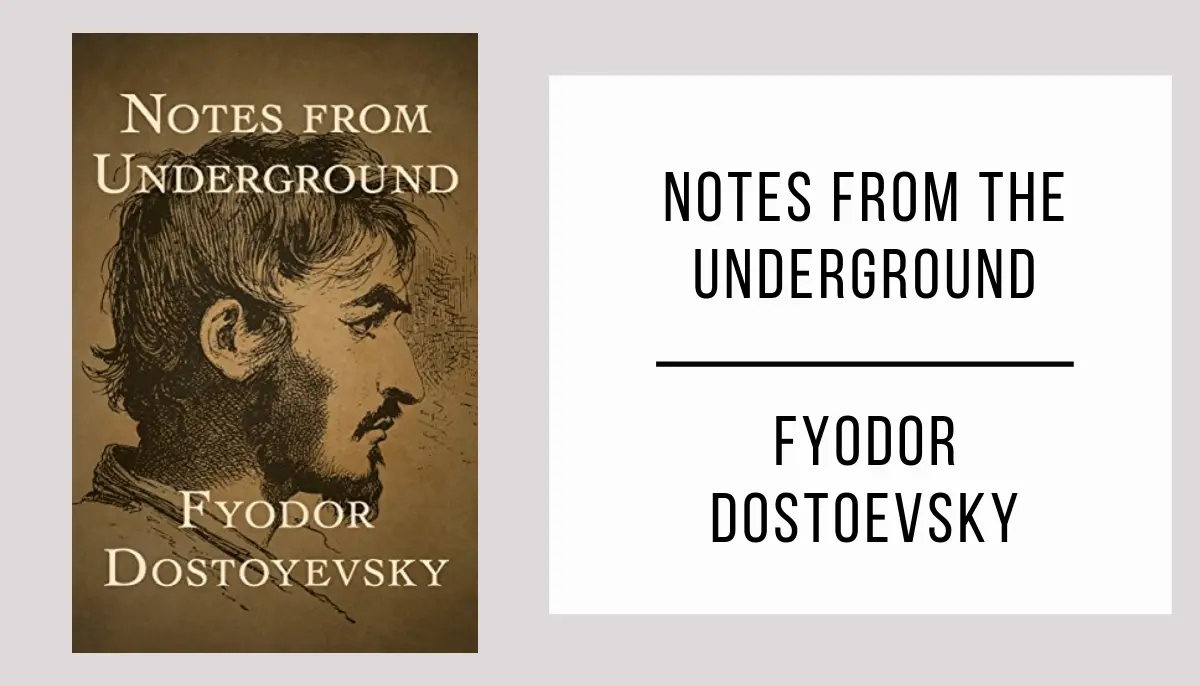
A bitter, lonely man sits in his room and argues with the world inside his head. Notes From the Underground is one of the first books to explore the darker side of human thinking.
Fyodor Dostoevsky wrote this short novel in 1864, before his bigger works. It is uncomfortable, honest, and hard to put down.
Poor Folk
PDF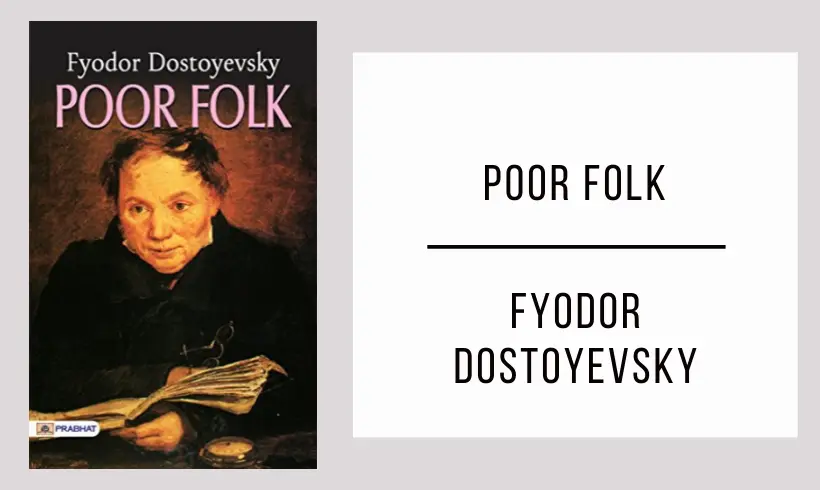
Two lonely people in St. Petersburg write letters to each other, sharing their small joys and daily struggles to survive. Poor Folk was Fyodor Dostoevsky's very first novel.
Fyodor Dostoevsky published this in 1846, and critics praised him overnight. This story about poverty and kindness will quietly break your heart.
The Brothers Karamazov
PDF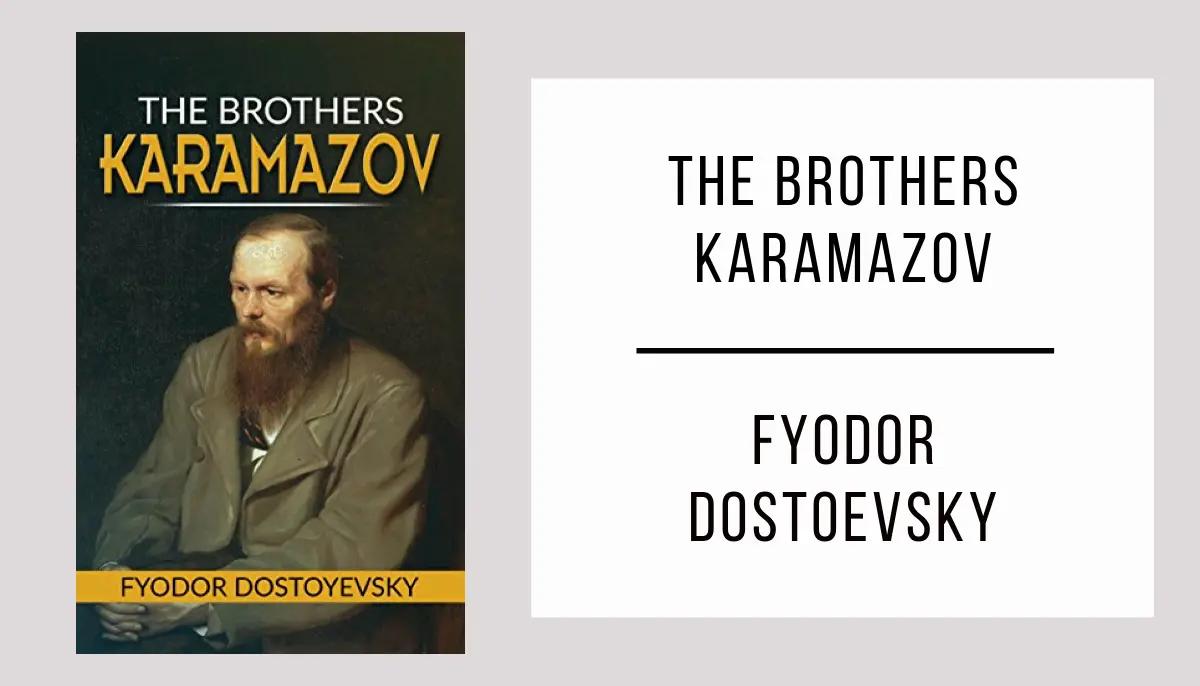
Three brothers, one terrible father, and a murder that forces all of them to face who they really are. The Brothers Karamazov asks the biggest questions about faith, free will, and what we owe each other.
Fyodor Dostoevsky wrote this as his final novel, and he poured everything he knew about human nature into it. Many readers call it the greatest novel ever written.
The Crocodile
PDF
A man gets swallowed alive by a crocodile at a museum and decides he's quite comfortable inside. The Crocodile is a wild satire about Russian society that you won't see coming.
Fyodor Dostoevsky is famous for dark novels, but this short story shows his sharp, funny side. It proves even the most serious writers have a sense of humor.
The Double
PDF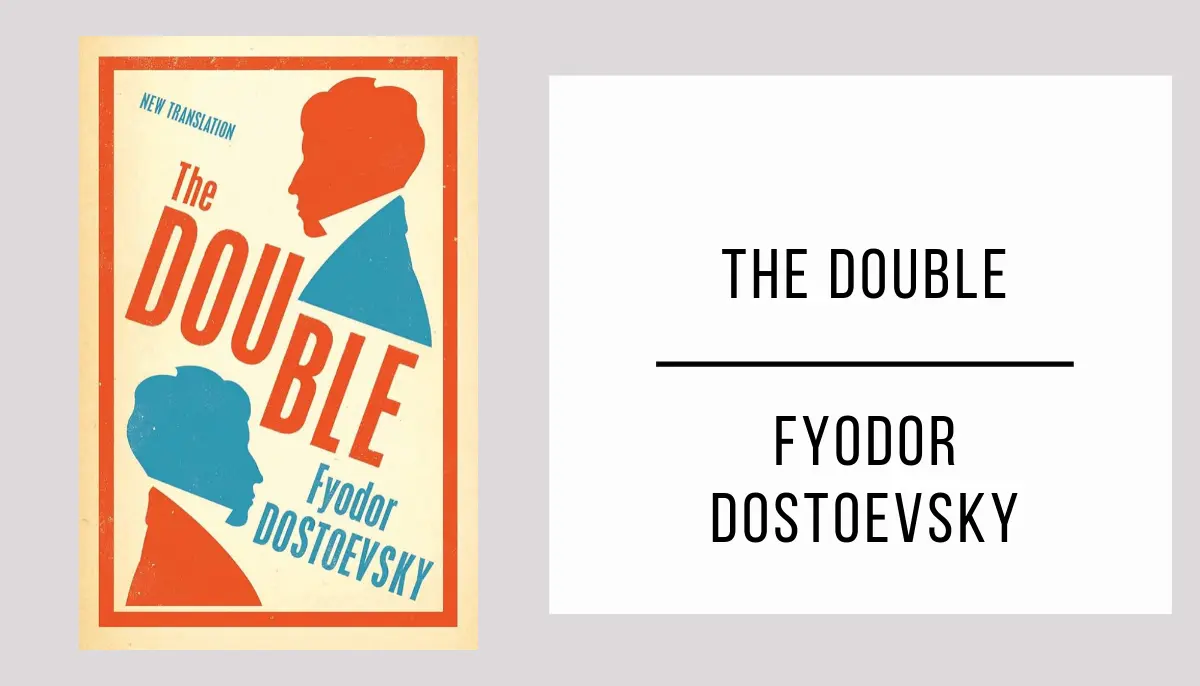
A government clerk meets a man who looks exactly like him and slowly starts taking over his life. The Double is a story about losing your identity one piece at a time.
Fyodor Dostoevsky wrote this early in his career, and it already shows his gift for getting inside a troubled mind. The tension builds slowly, then hits hard.
The Dream of a Ridiculous Man
PDF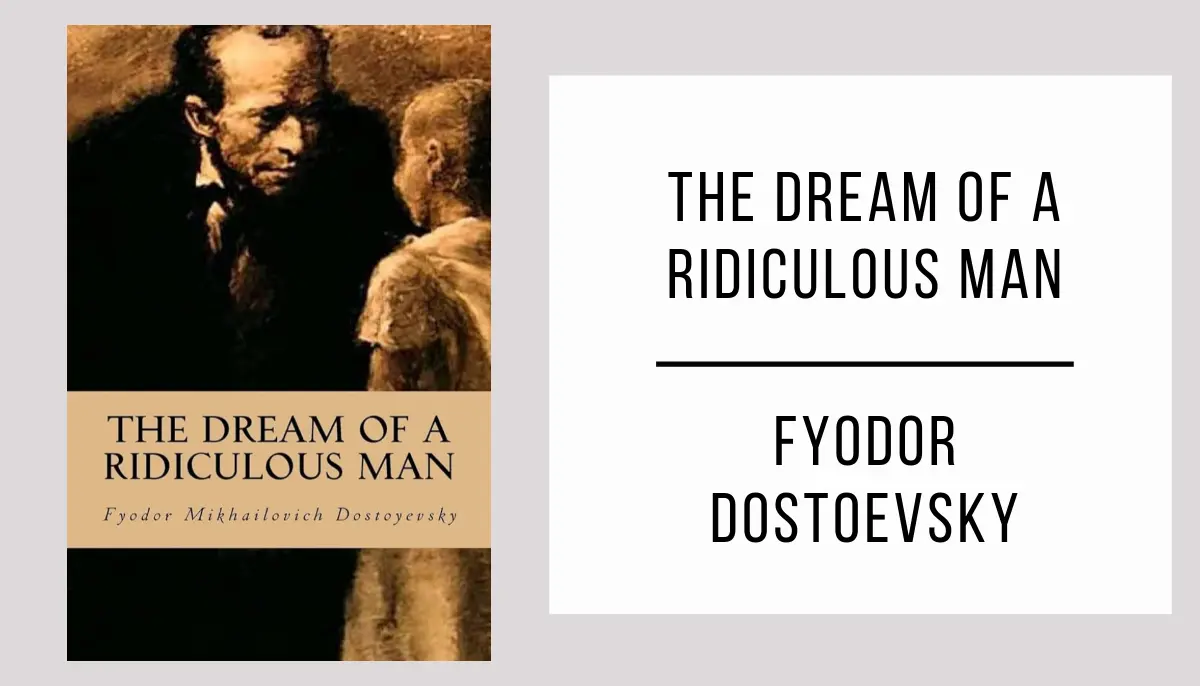
A man decides to end his life, but a dream shows him a world without sin. The Dream of a Ridiculous Man asks whether knowing what's good is enough to make us act on it.
Fyodor Dostoevsky packed a lifetime of thought into this short story. It's brief, powerful, and will stay with you long after you finish reading.
The Eternal Husband
PDF
A widower shows up at the door of the man who had an affair with his late wife. The Eternal Husband is a tense, strange story about guilt, jealousy, and two men who can't leave each other alone.
Fyodor Dostoevsky builds a relationship so awkward it makes your skin crawl. This novella is darker and funnier than you'd expect from the same pen that wrote Crime and Punishment.
The Gambler
PDF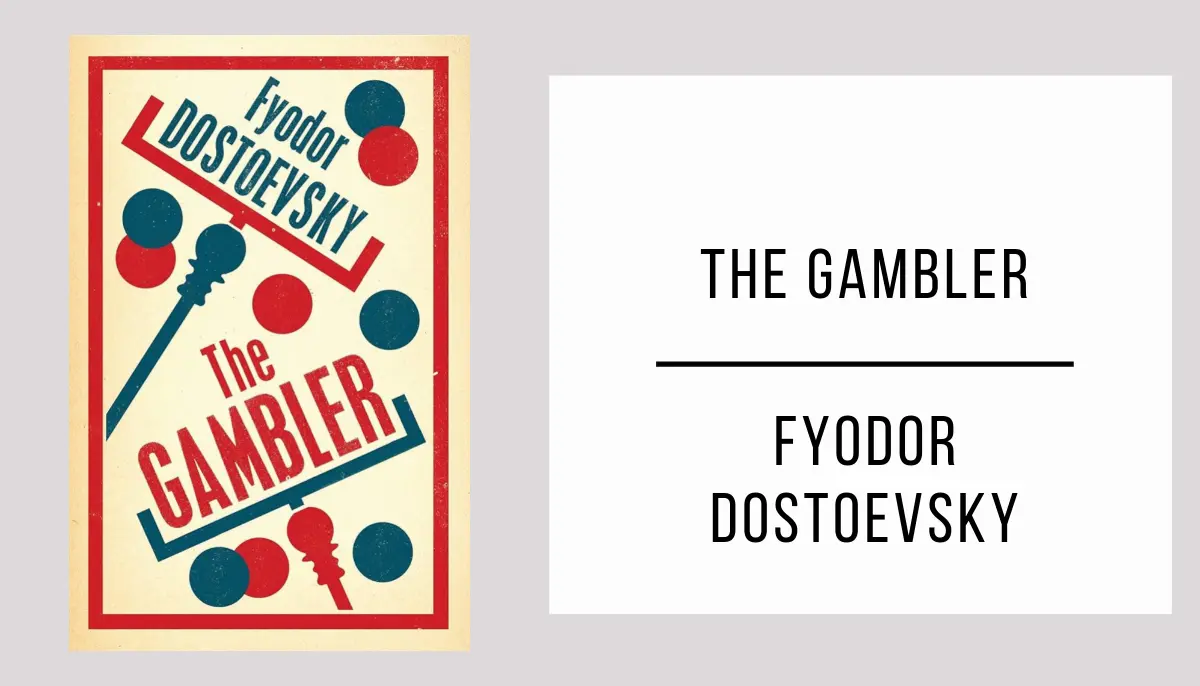
A young tutor in a wealthy household gets hooked on roulette and can't walk away from the table. The Gambler shows how quickly the thrill of winning can turn into ruin.
Fyodor Dostoevsky wrote this from his own gambling addiction, and you can feel the desperation in every page. He dictated the whole novel in just 26 days to pay off his own debts.
The Grand Inquisitor
PDF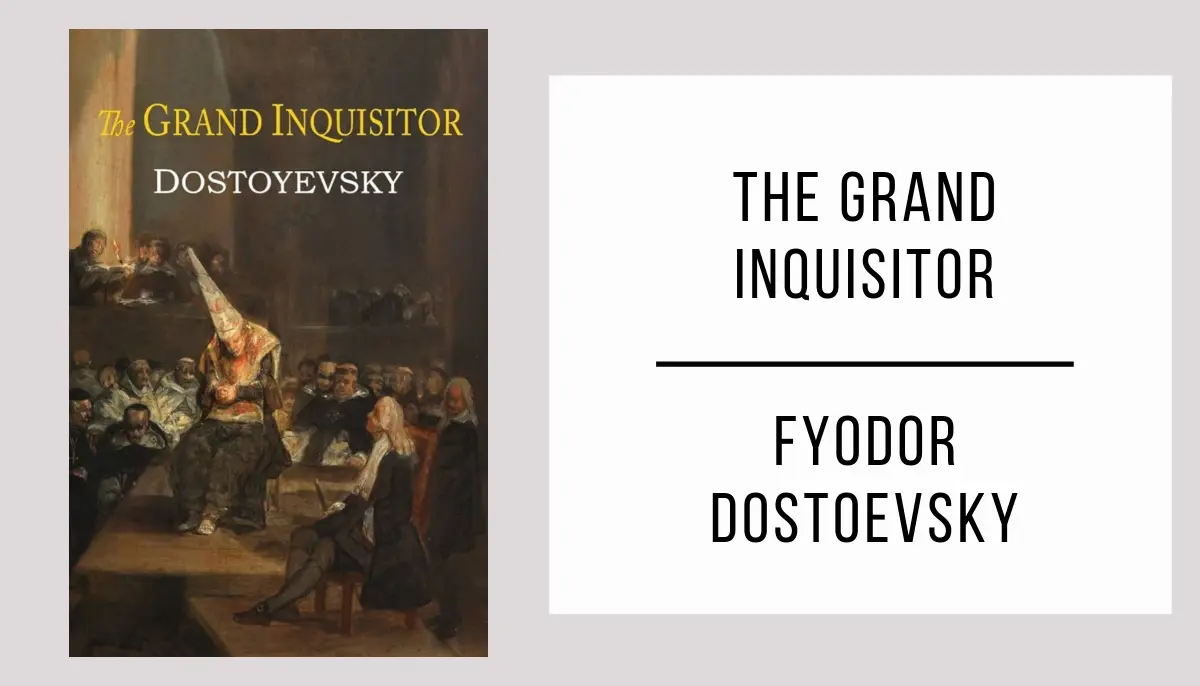
What if Jesus came back and the Church put him in prison? That is the question at the heart of The Grand Inquisitor, a chapter from The Brothers Karamazov that stands on its own as one of the boldest texts ever written.
Fyodor Dostoevsky tackles freedom, faith, and power in just a few pages. Whether you agree with his ideas or not, this piece will make you think for days.
The House of the Dead
PDF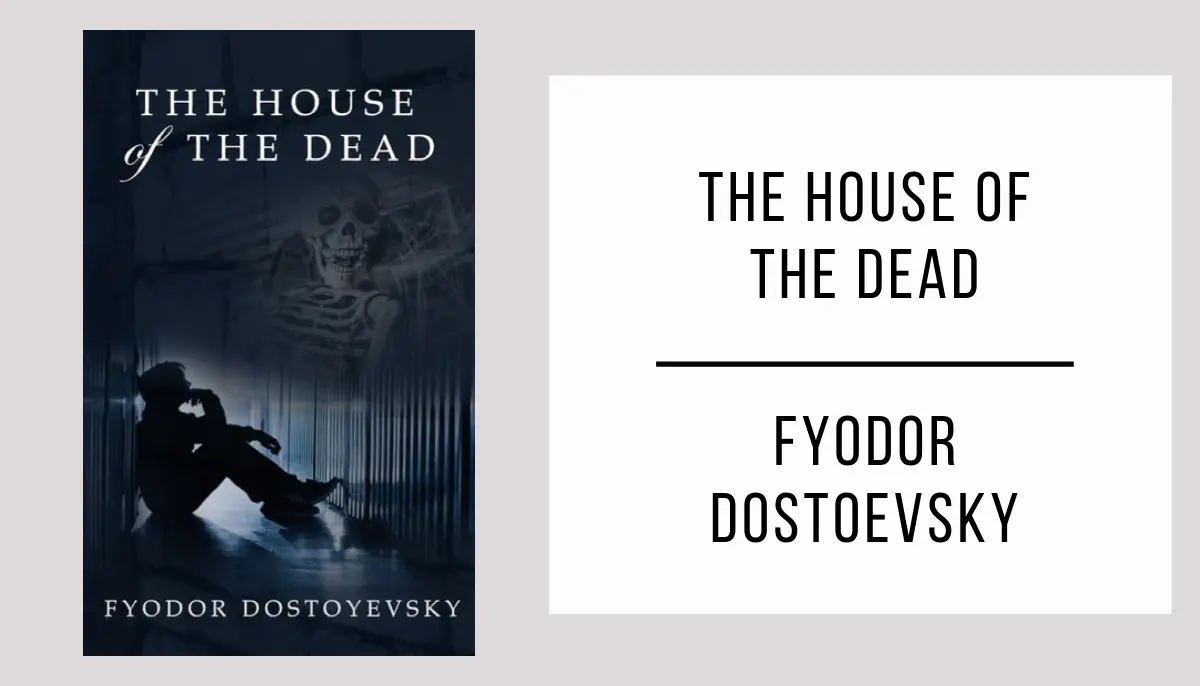
Fyodor Dostoevsky spent four years in a Siberian prison camp, and he wrote about it. The House of the Dead tells the daily reality of life behind bars in czarist Russia.
This book changed how Russia thought about punishment and prisoners. You will see cruelty and kindness side by side in the same place.
The Idiot
PDF
Prince Myshkin is honest, gentle, and good, so naturally the world around him tears him apart. The Idiot asks what happens when a truly kind person enters a society driven by greed.
Fyodor Dostoevsky tried to write a perfectly good character. The result is a novel that shows how painful it can be to care deeply in a careless world.
The Landlady
PDF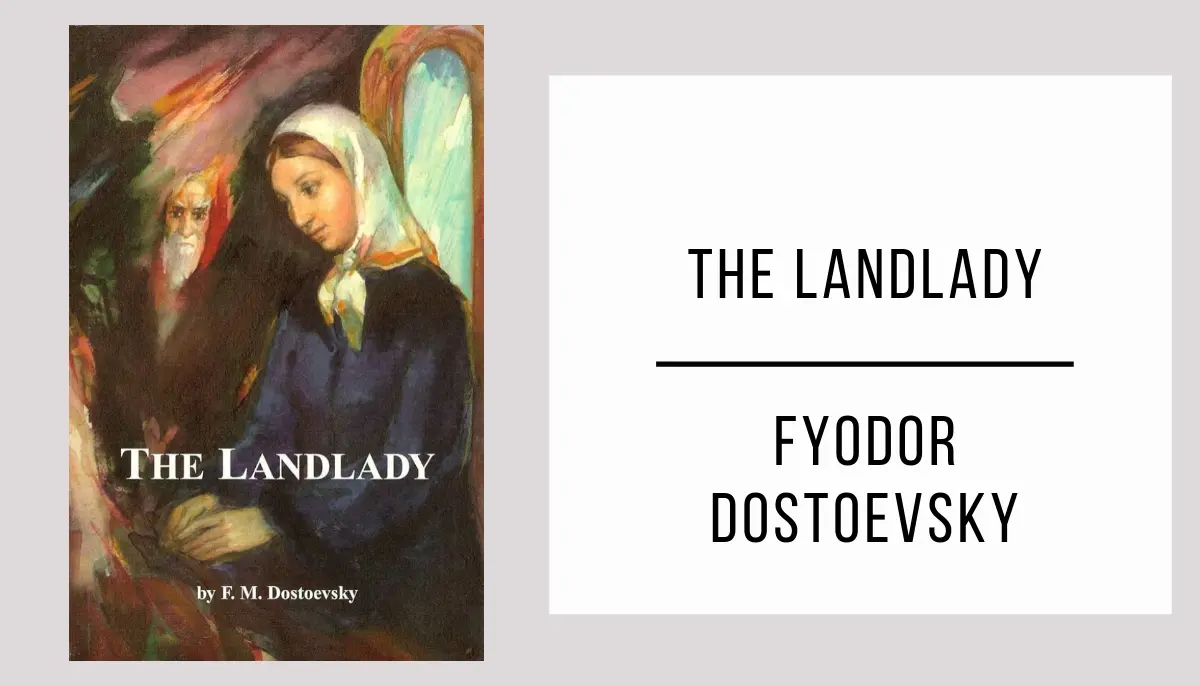
A lonely dreamer rents a room and becomes obsessed with a woman trapped under the control of a strange old man. The Landlady is a dark tale of desire, control, and the thin line between love and madness.
Fyodor Dostoevsky wrote this early in his career, and it shows the raw intensity that would define all his later work. A short read with a haunting mood.
The Raw Youth
PDF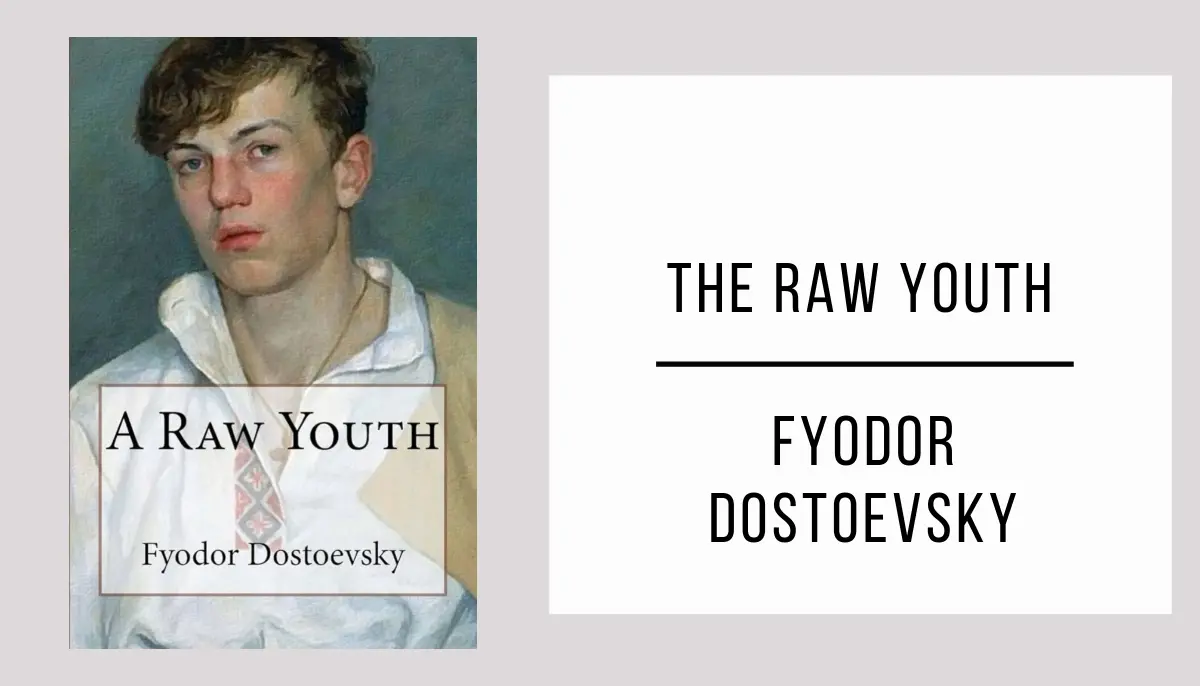
A young man wants to become powerful and rich, but first he has to face his own confused feelings about his father. The Raw Youth explores what it means to grow up when you don't know who you really are.
Fyodor Dostoevsky wrote this in 1875 as a story about pride and identity. If you have ever felt torn between who you are and who you want to be, this book speaks to that.
Uncle's Dream
PDF
A scheming mother tries to marry her daughter to a rich, confused old prince. Uncle's Dream is a funny, sharp comedy about ambition and small-town gossip.
Fyodor Dostoevsky wrote this in 1859, and it shows his lighter side. If you think Dostoevsky is all gloom, this book will change your mind.
White Nights
PDF
A lonely dreamer meets a woman on a bridge in St Petersburg, and over four nights he falls in love. White Nights is a short, tender story about love that lives mostly in the imagination.
Fyodor Dostoevsky wrote this in 1848, and it glows with gentle emotion. If you have ever loved someone more in your mind than in real life, this story was written for you.





